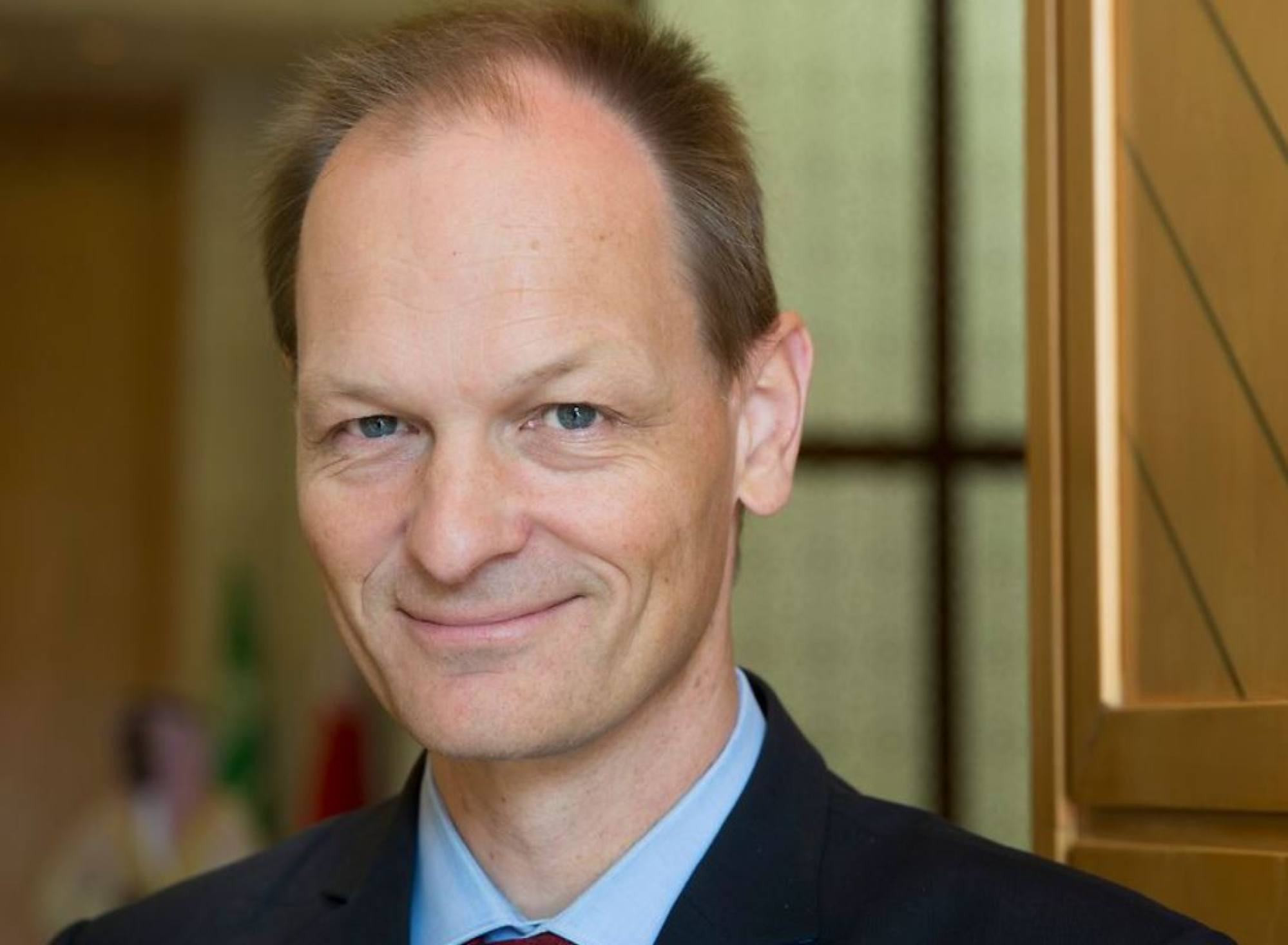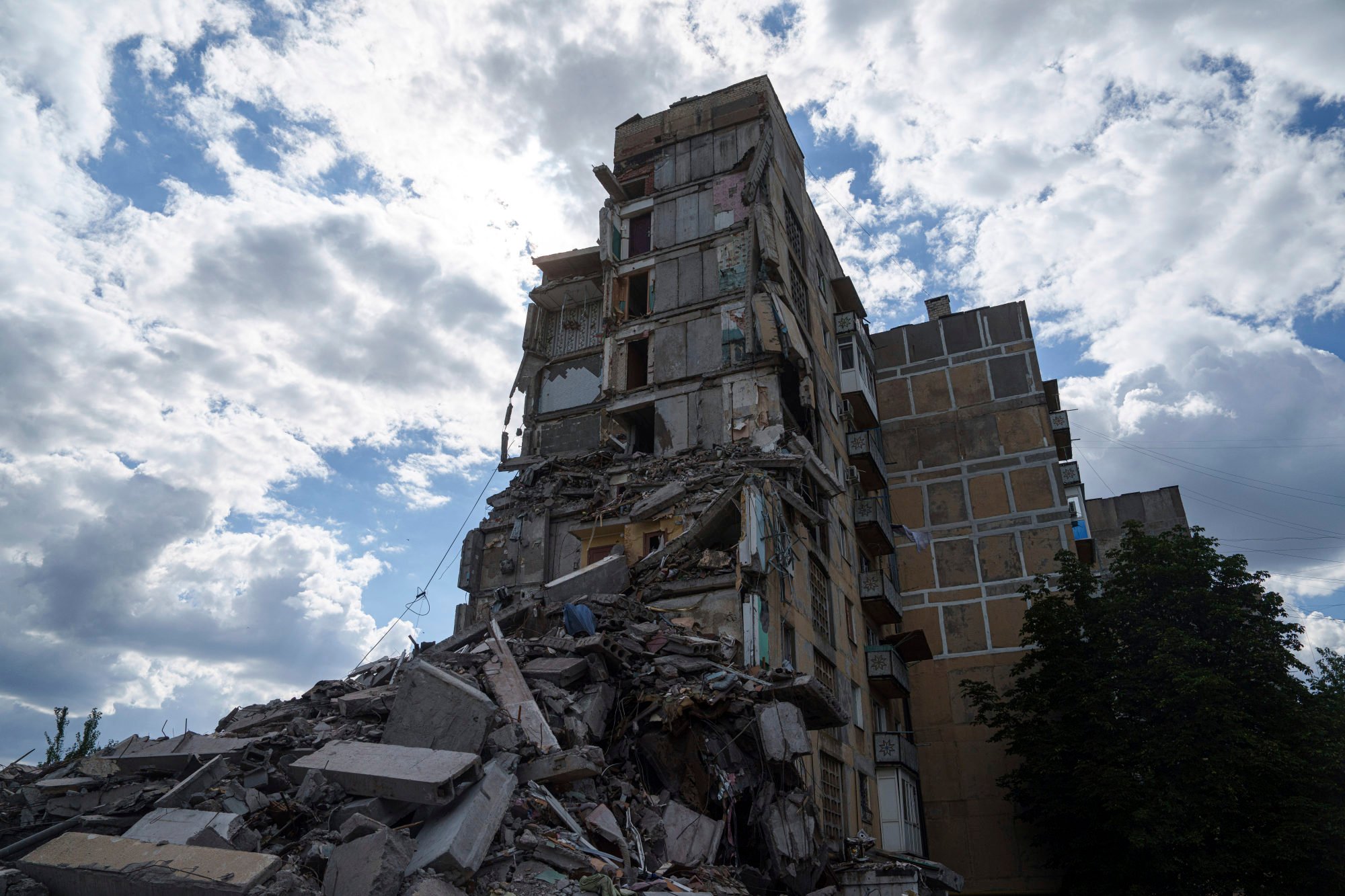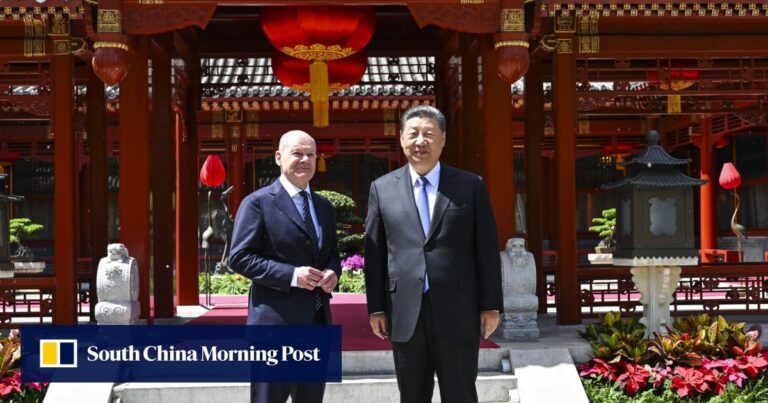Still, Germany is trying to reduce the vulnerability of its dependence in areas such as technology, critical minerals and even medical equipment, Bagger said, adding that “China’s approach towards us, towards its neighbours and on the international stage has changed enough to force us to reconsider our own China policy.”
Bagger reiterated that European authorities do not agree with the United States “on everything,” saying: “Any changes in our policies, our strategy or our approach towards China are a reaction to US policies and actions. We are not America’s poodle.”

He also said Europe does not see China as a “geopolitical challenge” to its own “primacy”.
“Europeans don’t see themselves as number one”
Last week, the European Union imposed new tariffs of up to 38% on Chinese-made electric vehicles following a nine-month investigation into alleged unfair government subsidies. The decision came one month after the United States imposed 100% tariffs on Chinese-made electric cars.
China has retaliated by launching an investigation into European pork products, and Germany has opposed the EU tariffs, fearing action against its auto industry, which is heavily dependent on the Chinese market. Negotiations are underway between Beijing and Brussels, and the new taxes will come into effect on July 4.
But Bagger warned that China’s support for Russia in the Ukraine war would affect relations with Germany.
“If China continues to undermine Europe’s core interests, namely the security of the continent, the costs to China will increase,” he said.
“This is indistinguishable,” he added. “If we continue to support Russia’s war effort against Ukraine, it will have an impact on our bilateral relationship and also on Europe’s relationship with China.”

Western countries, led by the United States, claim that despite sanctions, Russia meets almost 90 percent of its need for semiconductors for tanks, missiles and aircraft with dual-use imports from China.
Bagger’s visit comes ahead of a NATO summit scheduled for July 9-11 in Washington, where the 32 transatlantic allies are expected to pass a $107 billion multiyear aid package for Ukraine.
In Washington, the issue of the war is far from resolved. Former U.S. President Donald Trump, the presumptive Republican nominee for November’s presidential election, vowed to withdraw U.S. military aid to Ukraine during his Thursday night debate with President Joe Biden.
Last week, NATO Secretary-General Jens Stoltenberg announced that more than 20 NATO member states will meet the alliance’s goal of increasing their military budgets to at least 2 percent of GDP this year.
Asked how Europe, and Germany in particular, was preparing for Trump’s return to the White House, Bagger said European capitals were closely watching the US election and a deliberative process was underway “behind closed doors”.
Bagger acknowledged that it had been difficult for the EU to work with Trump, but said some of those issues were “no longer as important” as Europe had “reexamined” its own “assumptions”.
“Russian gas is one, Iran is another in some sense, and I think our 2 percent is the third,” he said.
“I think what will remain, of course, will be very different views on trade issues and many economic issues,” he added.

